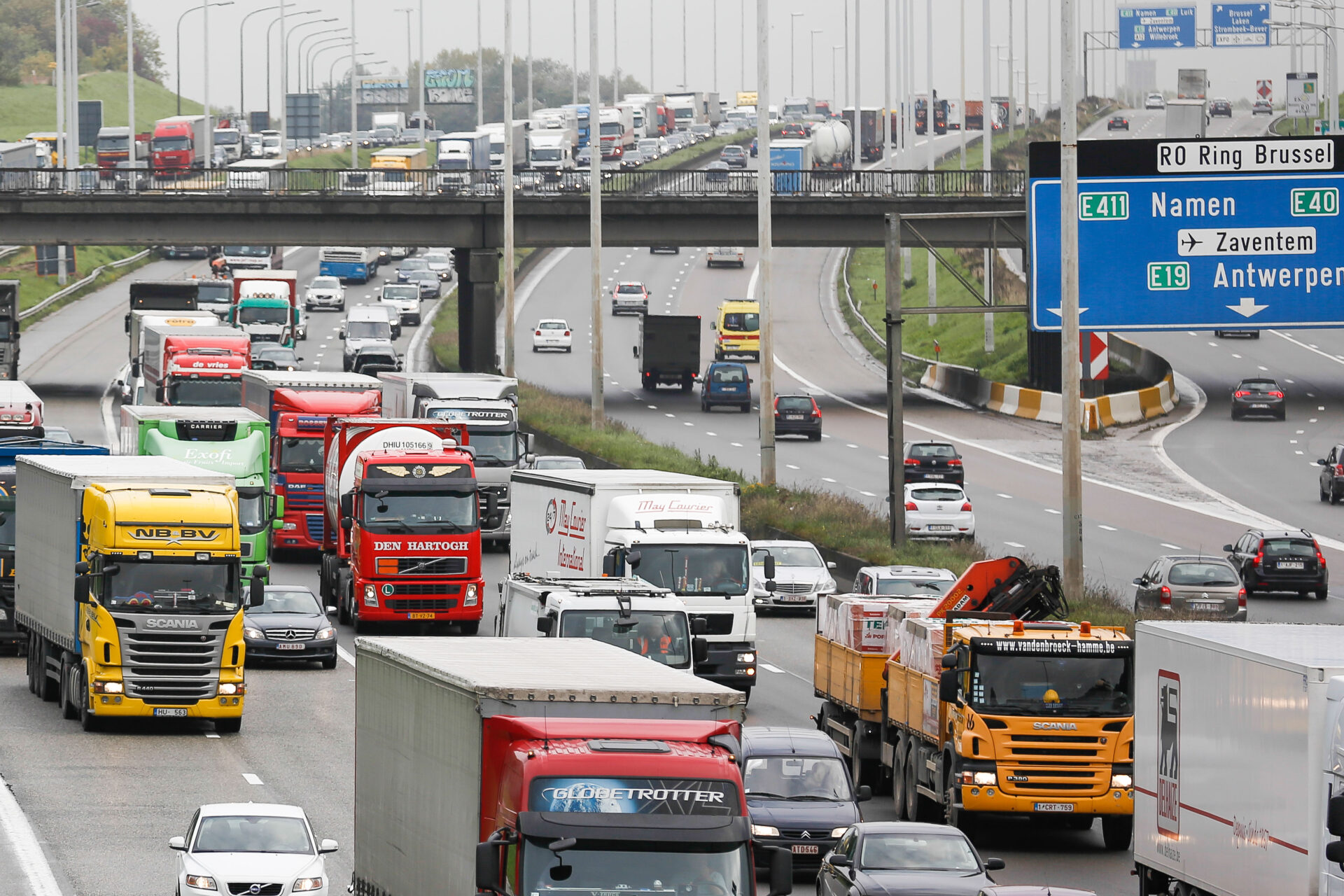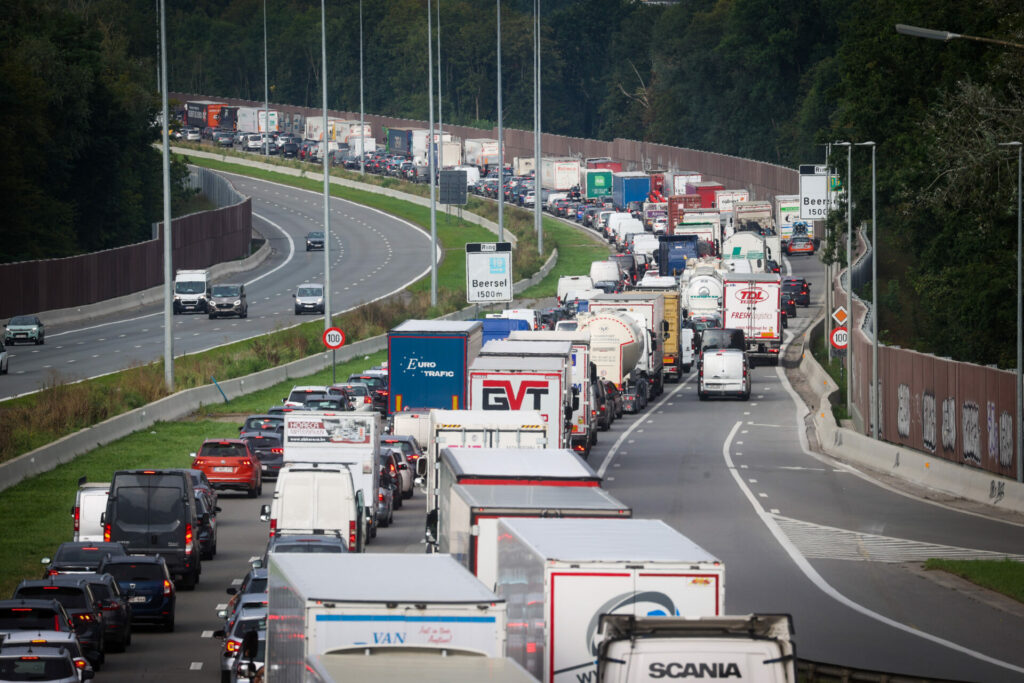After the new Flemish Government announced its intention to introduce a 'road vignette', Walloon Mobility Minister François Desquesnes (Les Engagés) said that "nothing stands in the way" of introducing a Belgian-wide road toll system.
The introduction of a 'road vignette' was one of the striking measures in the Walloon Government agreement in July. Now, the new Flemish Government has also included the introduction of such a vignette for international drivers in its coalition agreement.
"It was an important point in our agreement, to correct the injustice that currently only the Walloons contribute to the maintenance of the road network in Wallonia," Desquesnes said in the Walloon Parliament on Wednesday.
"We had, of course, hoped that the other regions would follow. With the new Flemish Government, the stars are aligned. Nothing stands in the way of a Belgian vignette," he stated. Desquesnes underlined that the necessary knowledge and infrastructure are already available with the toll system for trucks.
'Only logical'
New Mobility Minister Annick De Ridder (N-VA) made it clear on Monday that she will immediately start working on the development of the vignette for international drivers using Flemish roads. She has no time to delay, as the Flemish Government is already counting on income from the vignette from halfway through the legislature.
The Flemish road tax should generate €130 million each year from 2027. De Ridder prefers not to use the word 'road vignette', but instead talks about "a digital way to make foreign drivers pay" for the use of the roads. "Flemish people already pay and trucks already pay, so it is only logical." The rates for Flemish people will not increase.
This is not the first time that (a variant of) the road vignette has appeared in the Flemish Government's plans. There was resistance to it in the past, for example from the Netherlands. "But that was still the classic system of a vignette. Now, we are talking about digitalising it," De Ridder said.
In any case, she plans to consult with Wallonia to discuss their plans.

Credit: Belga / Bruno Fahy
In the meantime, the Bouwunie (an organisation lobbying for self-employed workers and SMEs in construction in Flanders) is asking the new Flemish Government to ensure that the vignette would be "budget neutral" for the user.
"Belgian construction companies drive an average of 30,000 km to 40,000 km per year. If construction companies suddenly have to pay much more to drive to and from the construction site, you risk construction becoming more expensive," said Bouwunie CEO Jean-Pierre Waeytens. "Flemish people should not pay more than internationals, because otherwise you create a competitive disadvantage."
Bouwunie is also pushing for an administratively friendly and automated system, as well as for a user-friendly and effective control system. "There are no details about the system yet. But if a road vignette replaces a smart kilometre charge, then this is a missed opportunity to do something about the traffic jam problem."
A quarter of construction companies lose at least four hours a week due to traffic jams, according to Bouwunie. "A smart kilometre charge can be a means of reducing congestion during the morning and evening rush hour."
"For that reason, six in ten construction companies were prepared to join the system of a smart kilometre charge. In that sense, we wonder why there is now suddenly a road vignette and no longer a smart kilometre charge for everyone."

